China investigates Google; South Korea bans DeepSeek... are highlights in this week's technology news on Saturday.
China investigates Google
China said on February 4 that it would investigate Google for allegedly violating anti-monopoly laws.

China's State Administration for Market Regulation said it would investigate Google for alleged violations of the country's anti-monopoly laws, after China announced new tariffs on certain US imports.
Authorities did not provide further details about the investigation or what Google did to violate the law. Google products such as its search engine are blocked in the country, but the company still works with local partners in the country.
Google is facing increasing scrutiny in several countries around the world, including the United States. In August 2024, the search giant lost a lawsuit filed by the US government in 2020. The US accused the company of monopolizing the general search market by creating high barriers to entry.
Following the ruling, the US Justice Department is pushing for Google to divest its Chrome web browser. The department also argues that Google should not enter into exclusive agreements with third parties like Apple and Samsung.
In addition, Google is also being investigated by the UK Competition and Markets Authority under new laws in the UK.
South Korea bans DeepSeek
South Korea's Ministry of Industry is the latest agency to announce it is temporarily blocking employees from accessing an AI model from Chinese startup DeepSeek, citing security concerns.
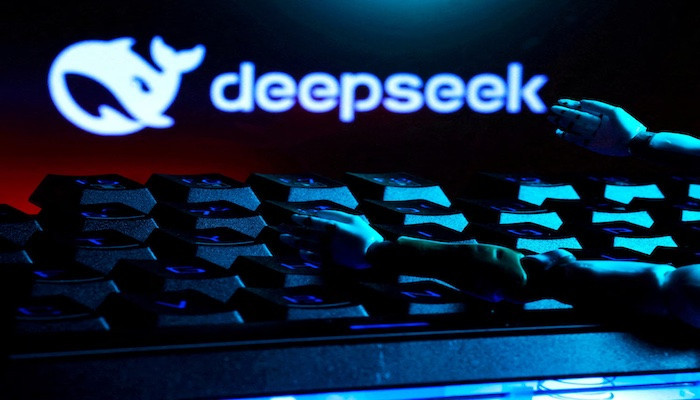
Previously, the South Korean government on February 5 asked ministries and agencies to be cautious in using AI services, including DeepSeek and ChatGPT, in the workplace.
State-owned Hydro & Nuclear Power also announced a ban on AI services including DeepSeek earlier this month.
Similarly, the South Korean Ministry of National Defense also blocked access on computers used for military purposes.
The Yonhap News Agency said the country's Foreign Ministry limited DeepSeek to computers connected to external networks, but did not detail the security measures.
South Korea is the latest country to raise concerns about the Chinese-made AI model. Australia and Taiwan (China) have also previously said that DeepSeek poses security threats.
In January 2025, Italy's data protection authority blocked access to the chatbot after the Chinese startup failed to address privacy concerns.
In Europe, the US and India, governments are also looking into the potential risks of using DeepSeek.
Revealing the secret to creating super cheap reasoning AI models
Researchers at Stanford and Washington University spent just $50 to create a reasoning AI model.

Programming and mathematical tests show that S1 (the model's name) performs on par with state-of-the-art reasoning AI models such as OpenAI's o1 and DeepSeek's R1.
Notably, S1 is an open source model, available on the GitHub repository for anyone to access.
The development team shared that they started from a basic available model, then refined it through “distillation” — the process of extracting the “reasoning” ability from another AI model by training on its answers.
Specifically, S1 is distilled from Google's Gemini 2.0 Flash Thinking Experimental model. The distillation process is similar to the way scientists at Berkeley University did to create the model at a cost of about 450 USD (about 11.3 million VND).
The S1 paper shows that reasoning models can be distilled with a fairly small dataset through a process called supervised fine-tuning (SFT), in which an AI model is explicitly instructed to mimic certain behaviors in the dataset.
SFT is generally cheaper than the large-scale reinforcement learning approach that DeepSeek used to train the R1 model.
S1 is based on a small AI model available for free download from Alibaba-owned AI lab Qwen. To train S1, the researchers created a dataset of 1,000 carefully selected questions, along with answers and the “thought” process behind each answer from Google’s Gemini 2.0 Flash Thinking Experimental.
The training process took less than 30 minutes with 16 Nvidia H100 GPUs, yet still produced strong results on several AI metrics. The cost of renting the necessary computing power was only about $20, said Niklas Muennighoff, a researcher at Stanford.
The researchers used a trick to get S1 to check its work and extend its “thinking time,” such as asking the model to wait by adding the word “wait” to its reasoning process, which helped the model come up with a more accurate answer.
(Synthetic)
Source: https://vietnamnet.vn/trung-quoc-dieu-tra-google-han-quoc-cam-deepseek-2369459.html




































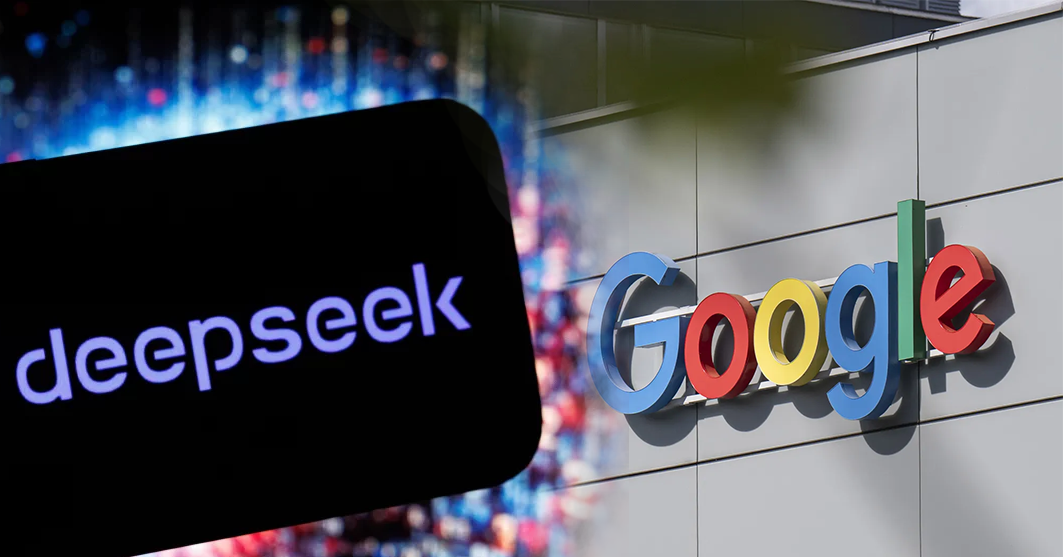





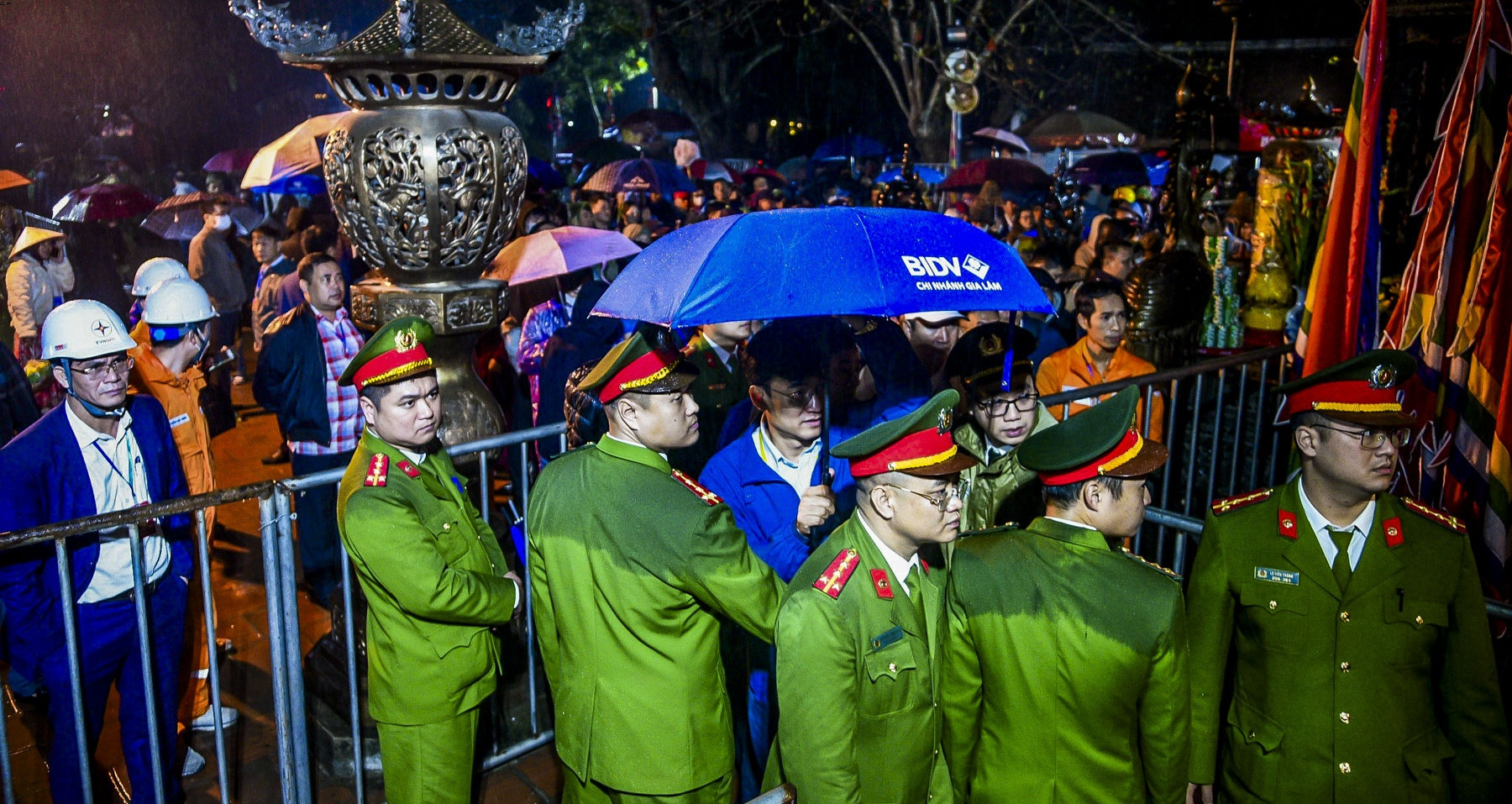

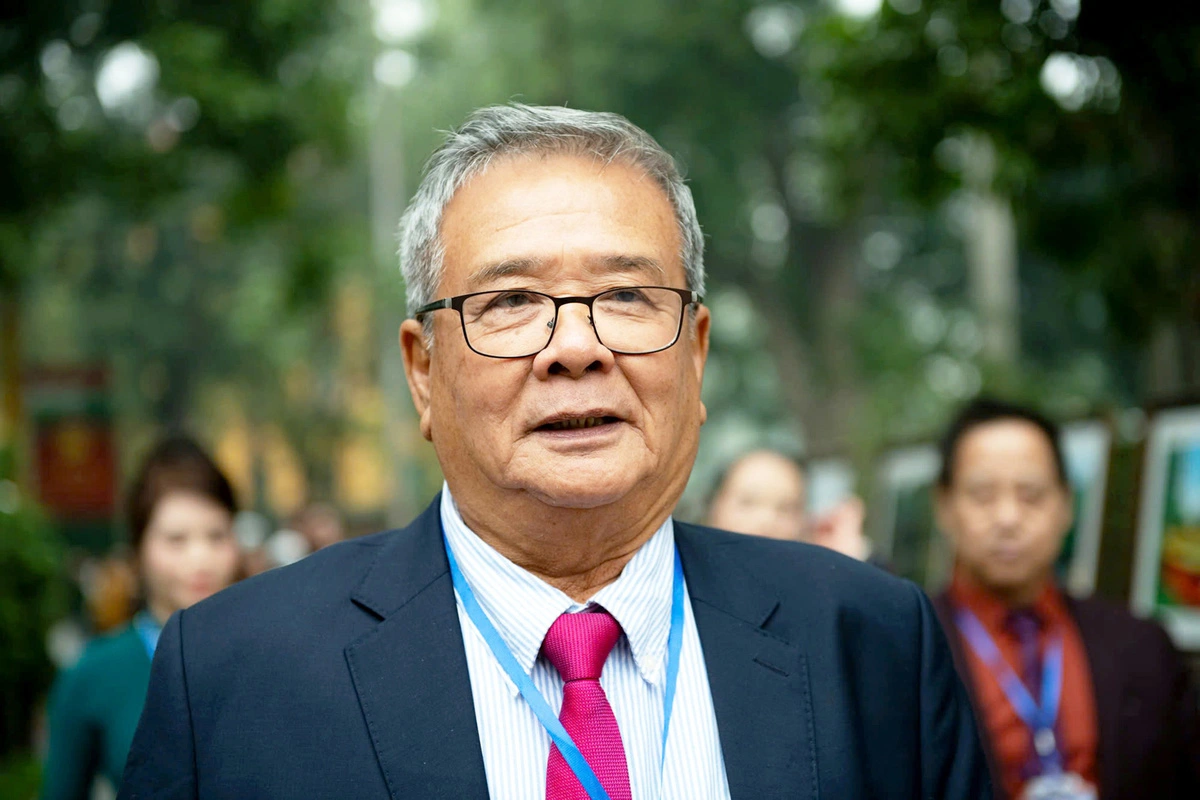




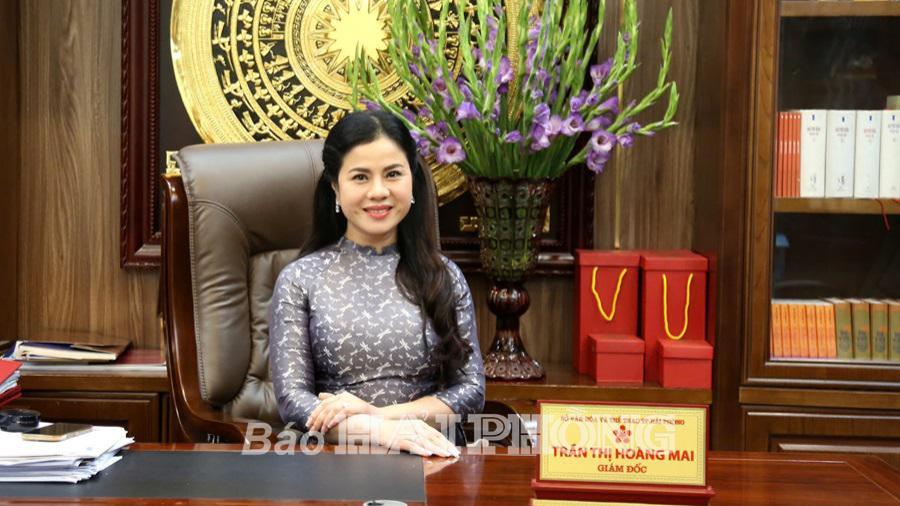







Comment (0)